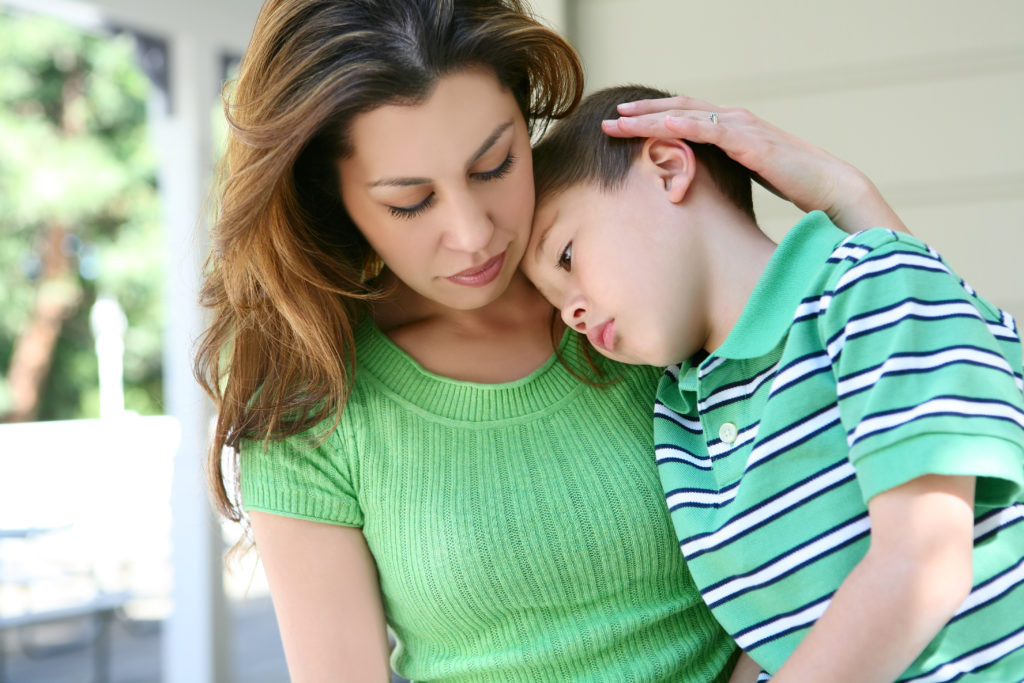Maintaining Children´s Mental Well-being
Changes in children’s moods should be considered. Even the youngest ones may experience the same feelings as adults, and this is how you can help them.

Mental health in children is a growing field, with parents and the scientific community experiencing a decline in mental health for kids during lockdowns during the coronavirus pandemic.
Specialists around the world report that children experienced:
- Behavior changes
- Mood swings
- Withdrawal
- Poor sleep
- Lack of interest
- Boredom
- Irritability
- Loss of confidence
- Depression
Parents who are home with their children have also started to realize the educational issues they have.
Common Disorders Among Kids
Mental health in children can be caused by developmental disorders, including:
- Persistent worrying and fear can impact a child’s mental health. Anxiety can lead to a lack of confidence, inability to participate in age-appropriate situations, and other disorders.
- ADHD (Attention Deficit Hyperactive Disorder). Children with ADHD have issues with attention, hyperactivity, and impulse behaviors. Medication may be needed to help control ADHD.
- Autism Spectrum Disorder. Autism is a neurological disorder that most parents will learn about before their kids are three years old. The disorder can make it difficult for the child to interact with others and communicate effectively.
- Depression. Mood disorders and depression can affect anyone, including children. With depression, you’ll notice that your child may withdraw, experience mood swings, and exhibit behaviors that have extreme highs and lows.
Of course, children can also have PTSD (Post Traumatic Stress Disorder) if they have had past traumatic events, eating disorders, or even schizophrenia if the child is in their teens.
Tips for Parents to Increase the Mental Health of Children
Parents who want to help increase their child’s mental health can only do so if the condition is non-neurological. If your child has schizophrenia or another serious disorder, you will want to discuss your option with a medical professional.
Otherwise, the following tips may be able to help:
- Encourage your kids to spend time with their friends.
- If kids cannot go to their friends’ houses or vice versa, Zoom, FaceTime, and other video chat solutions can be used to boost social interaction.
- Provide support to children so that they have someone they can rely on if they’re having problems.
- Ask your children about their day and discuss any issues or negative incidents that may have occurred.
- Play games and interact with your children.
- Make talking about feelings common and listen to the concerns your children have, even if they don’t seem like a “big deal.”
- Put yourself in your child’s shoes and work to understand how you may feel at the same age under the same circumstances.
- Encourage your kid to be creative, whether that means picking up a paintbrush, draw, play an instrument, or anything else that may be creative.
- Allow you, kids, to find positive outlets for their anger, whether that be sports, exercising, or riding a bike.
Keeping your child busy is one of the best ways to help combat loneliness and depression. As a parent, work to expose your child to an array of activities so that they can find an outlet that allows them to meet friends, be social and gain the confidence that they’ll need as they transition into their teens and adulthood.
You can also find more trusted local services in your community at www.boyleheighstresources.org or download the Boyle Heights Resources app.